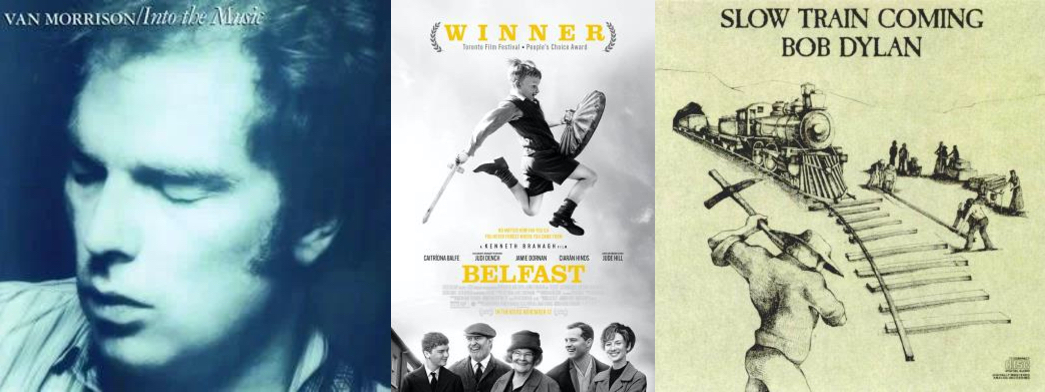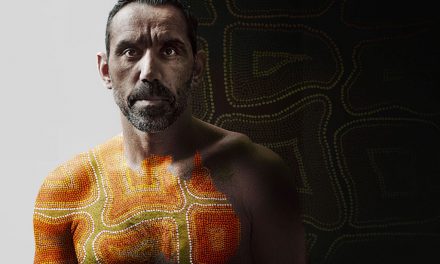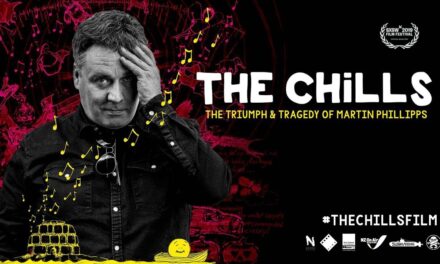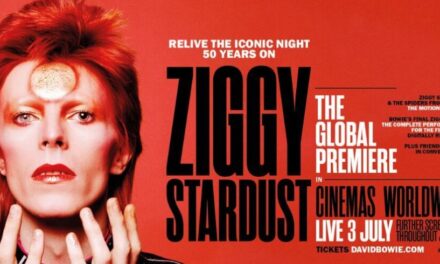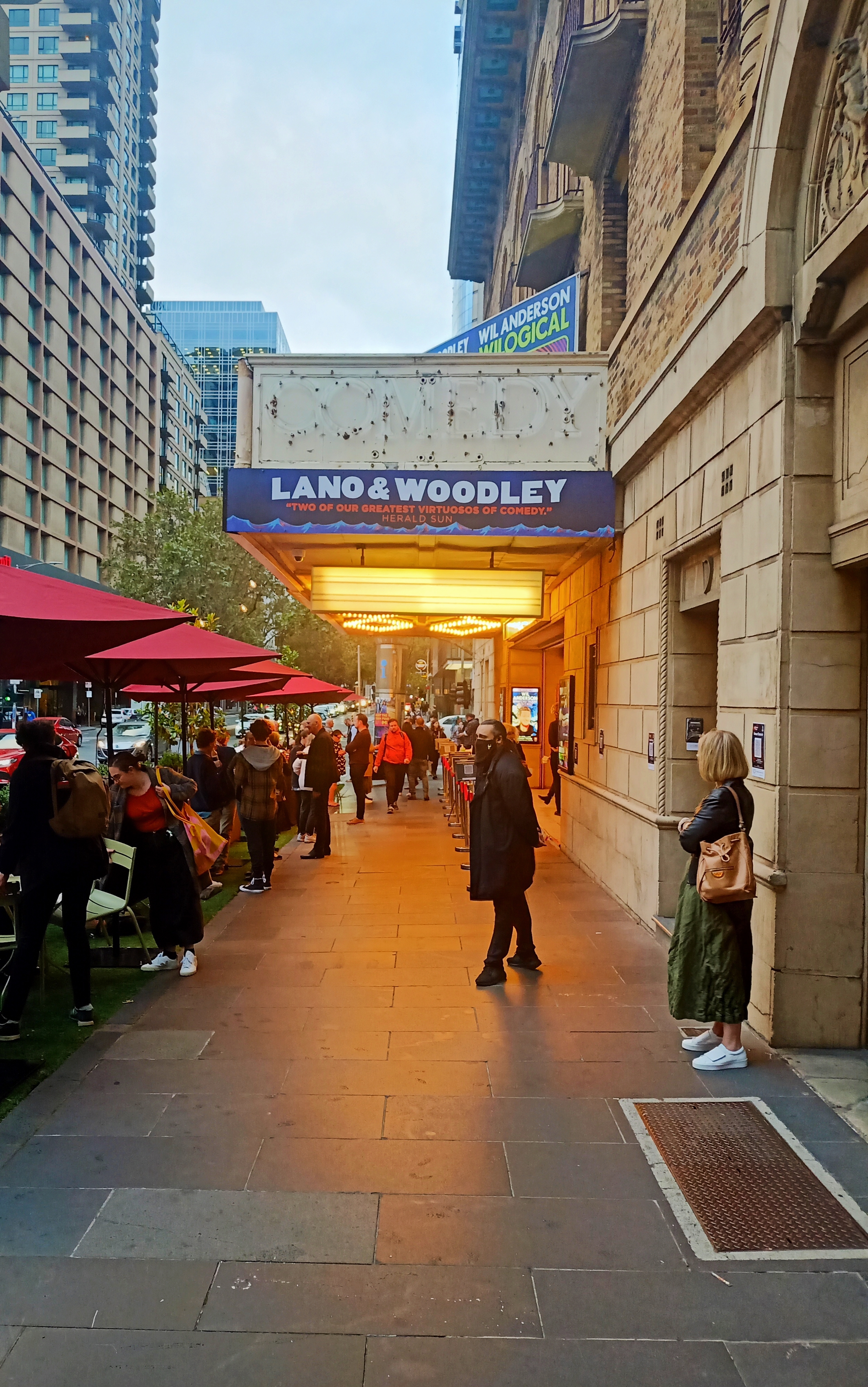Writer/Director Kenneth Branagh’s latest film, Belfast is an intimate look at the sectarian conflict in the Northern Island capital in 1969, through the eyes of a young boy.
It’s a very good insight into a inexplicable conflict and is shot in beautiful black and white, perfect for the big screen.
The film also has a soundtrack consisting entirely of the great Northern Island musician Van Morrison. It’s a reminder to everyone that Morrison’s influence in contemporary music should never be forgotten.
Comparisons to Bob Dylan are justified in terms of prolific output and seminal recordings.
Almost fifty albums since the mid-sixties is proof of that and although Morrison’s influences differ from Dylan, their enigmatic lives are similar.
Morrison hasn’t toured as heavily as Dylan, who prior to Covid had been on the road since 1998. This is probably a Godsend for whoever gets chosen for Morrison’s band.
He is notoriously grumpy and a perfectionist but the results, if you have ever listened to his live recordings, are truly extraordinary.
His style and influences are complex. Naturally there are Celtic roots but he loves Blues and Jazz. His breakthrough 1968 album, Astral Weeks has been described as ‘mystical’ and has a definite meditative quality about it.
Other albums such as Moondance and Tupelo Honey now sit in most critics top 100 albums and in 1990 his ‘Best of Album’ suddenly exposed his art to a new generation.
I remember at the time visiting friends in Geelong who owned a family pub. It was after hours and I was comfortably inebriated, when unannounced, the cd was played.
My friend Lisa and I danced through the entire album. When I say dance, in my case it was more an eclectic aerobics session complete with ‘white man overbite’, nonetheless the spirit of Van pulsated through my veins that early morning.
The growly voice, extremely tight musicianship and the odd ‘stream of consciousness’ narrative make Van so unique and unpredictable.
Like Dylan he also had a religious or spiritual period. In the late seventies/early eighties Dylan changed course completely releasing two Christian albums, Slow Train Coming and Shot of Love.
In 1979, Van did the same with Into the Music. Although layered with religious overtones it still doesn’t feel like something you hear at a place of worship.
There are songs of joy like Bright Side of the Road, powerhouses like Full Force Gale and a bevvy of stunning love songs.
One of those love songs turns up during the closing credits of Belfast. Branagh has cleverly placed the eight minute long And the Healing Has Begun, at the end of the film in order for it to become an ‘ear worm’ for the next two days.
It’s a song that encapsulates everything that is so indefinable about Van Morrison. A stirring introduction, heartfelt lyrics, incredible vocals and a bunch of the world’s finest musicians not daring to miss a beat.
Now seventy-six and an unvaccinated conspiracy theorist, Sir Van Morrison OBE continues to do things his way.
Regardless of ‘Van the Man’s ‘ beliefs, Belfast has hopefully opened the door for yet another generation to appreciate his genius.
This is And the Healing Has Begun.
